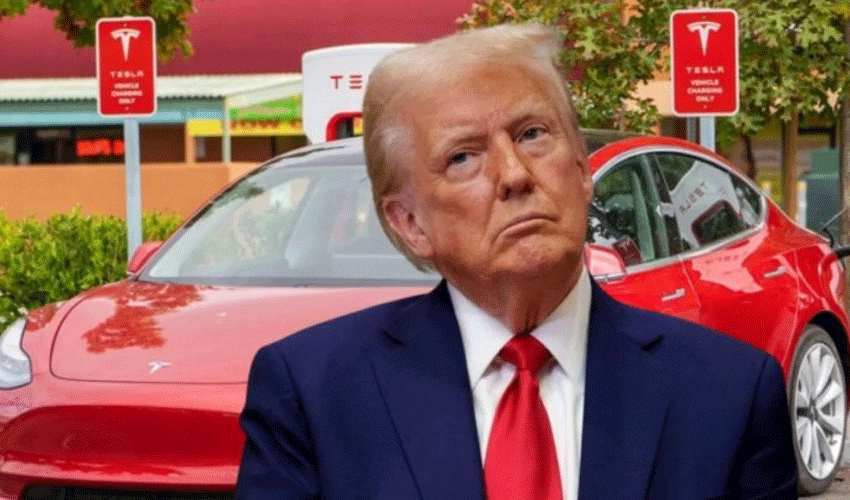US President Donald Trump has announced fresh import tariffs of 25% on foreign-made cars and car parts, a move expected to disrupt global trade and strain relations with key allies.
The tariffs, set to take effect on April 2, will apply to all vehicle imports, while charges on car parts are expected to be implemented from May onwards. The White House has, however, granted temporary exemptions on parts imported from Canada and Mexico while US customs authorities establish a system to assess duties.
The decision is likely to have far-reaching consequences, particularly for automakers operating in North America and beyond. The United States imports approximately eight million cars annually, with a trade value of around $240 billion. Mexico remains the largest supplier of foreign-made vehicles to the US, followed by South Korea, Japan, Canada, and Germany.
Trump defended the measure, claiming it would generate “tremendous growth” in the domestic car industry and lead to job creation. “If you build your car in the United States, there is no tariff,” he said, dismissing the possibility of reversing the decision.
However, analysts have warned that the move could backfire, leading to temporary production shutdowns, price hikes, and disruptions in global supply chains. Shares of major US car manufacturers, including General Motors and Ford, fell sharply following Trump’s remarks, with GM stocks sliding by nearly 3%.
The tariffs are expected to hit Japan particularly hard, as it is home to some of the world’s largest car manufacturers, including Toyota, Nissan, and Honda. Japanese Prime Minister Shigeru Ishiba expressed concern over the development, stating that his government would explore “all options” in response to the tariffs.
Shares of Japanese automakers also witnessed a decline in early trading in Tokyo, underscoring concerns about the impact on the global automotive industry.
Many US-based car companies maintain production facilities in Mexico and Canada under the North American free trade agreement. The latest move by Washington is seen as an escalation in trade tensions and could further complicate economic ties with key partners.


























